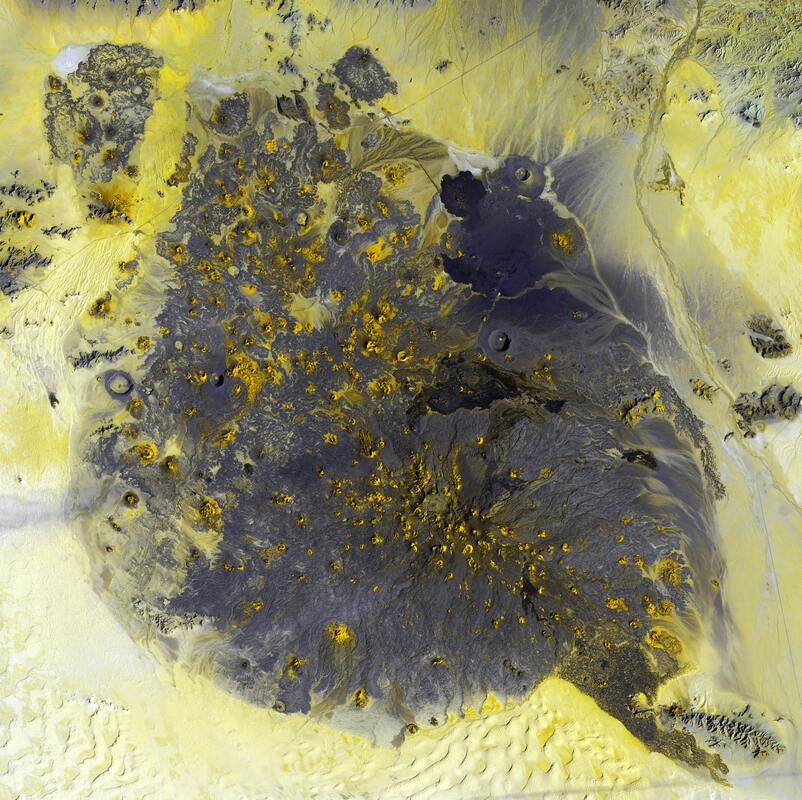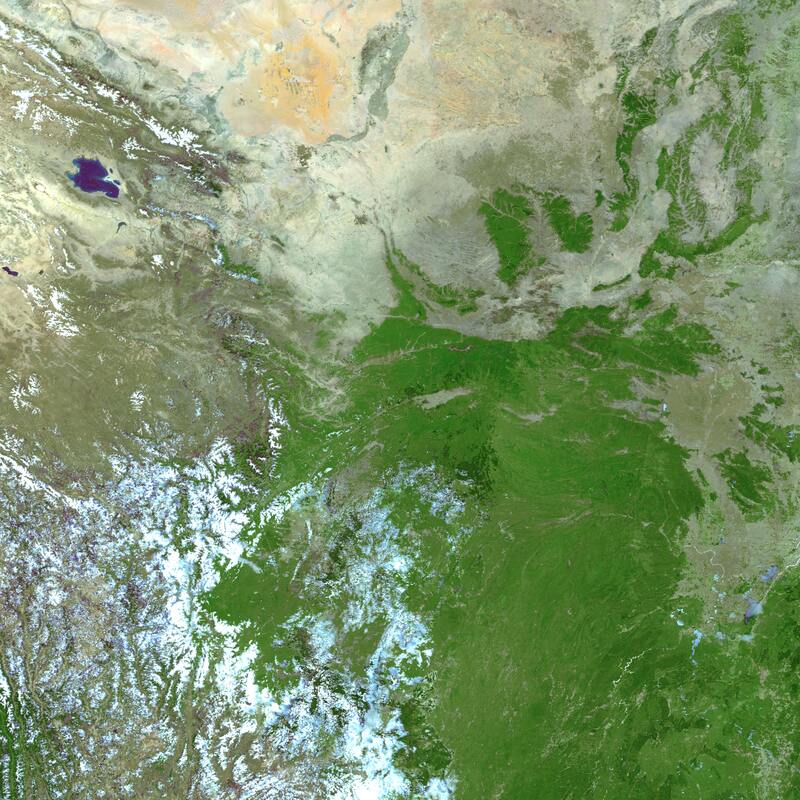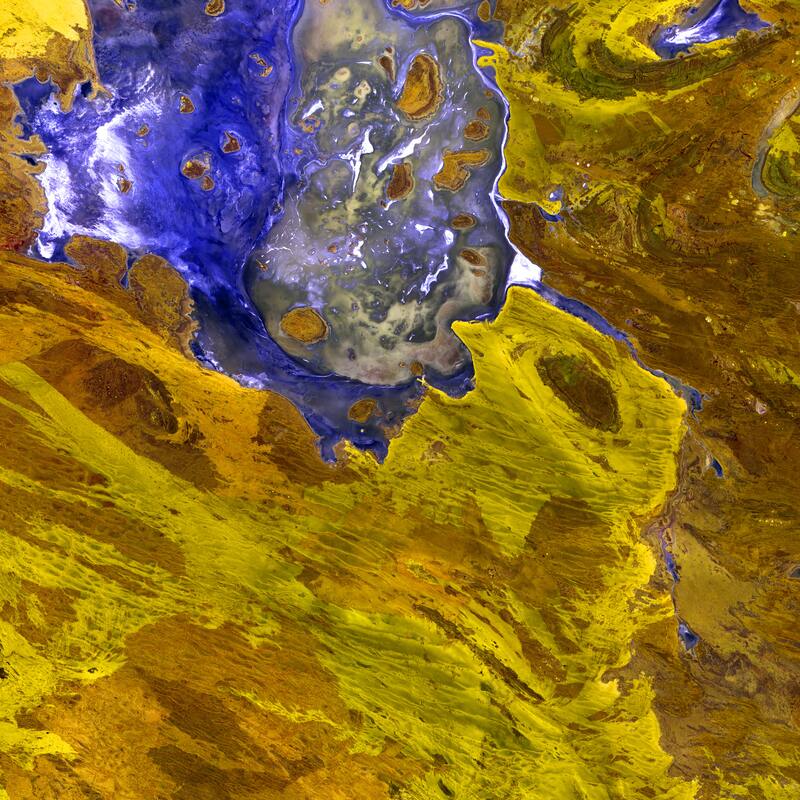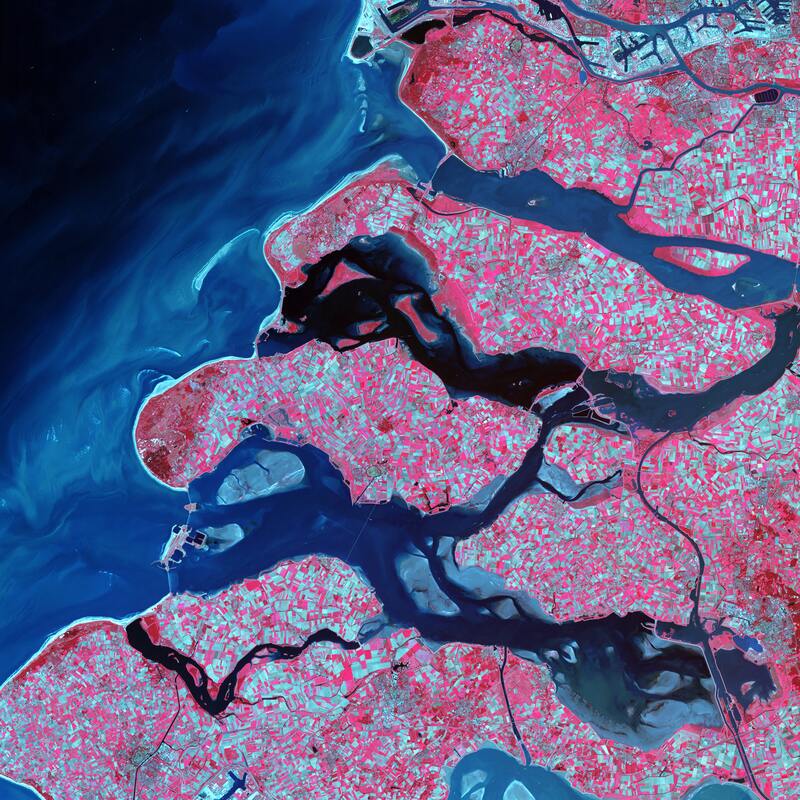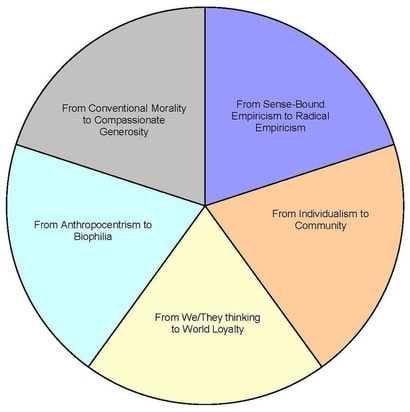- Home
- Process Worldview
- Community
- Art and Music
- Whitehead and Process Thinking
- Podcasts
- Spirituality
- Ecological Civilization
- Education
- Contact
- Social Justice
- Science
- Animals
- Sacred Poems
- Whitehead Videos
- Index of All Titles
- Practicing Process Thought
- Process Spirituality: A Spiritual Alphabet
- Recent Posts
Please remind me again, what's the problem?
|
Is a global power shift really possible?Some of the rapid changes we face in our global climate are irreversible. They are 250 years in the making, beginning with the industrial revolution in Europe; and according to NASA they are unprecedented, given the last 10,000 years of the earth's history. The consequences of these changes, as explained by NASA, are enumerated in further detail at the bottom of this column. Climate change is the new normal.
What is the cause of these changes? Ninety percent of scientists agree that the changes are caused by a burning of fossil fuels (coal and oil) and, to a lesser extent, the clearing of land for agriculture, industry, and urban sprawl. The effects are further exacerbated by an unwillingness of rich nations to reduce emissions, and by over-consuming lifestyles of middle-class and affluent people in developed nations. Justice would dictate that people in these nations would be those who bear the burden; but, unfortunately, the most deleterious effects will be felt by those not responsible for it: the poor and powerless. What can we do? Despite the injustice, there is no time for inordinate hand-wringing, only for an actual conversion, a turning around, so that people can live in new ways. In the words of Rosemary Radford Ruether, we need to undergo a conversion to the earth, so that the well-being of life on earth, not ever-increasing economic expansion, is the guiding principle of our lives Here are some steps we can take: Commit Ourselves to Creative Frugality: We can adopt a healthier and more resilient lifestyle at home and in the workplace, in which we live lightly on the earth and gently with others. If we live in the United States, we can reject the old American dream of a big house and a new car, and adopt a new American dream of creative simplicity in community with others. See The Center for a New American Dream. Help Develop Transition Communities: Wherever we live, we can help build post-petroleum "transition" communities that are compassionate, equitable, participatory, resilient, ecologically wise, and spiritually satisfying, with no one left behind. It can be a lot of fun. Work on Inner Transition: As we work to help our community become a "transition" community, we can also remember the importance of inner transition, recognizing that there is a need for solitude as well as togetherness, for a renewal of the heart as well as a renewal of the world. This inner transition involves thinking in fresh ways (see below) and also feeling in fresh ways. It lies in being present to the heart and mind. Engage in Political Action for Structural Change: We can campaign against the fossil-fuel industry (350.org.) and corporate powers which elevate greed to a virtue and denigrate compassion, and for a global power shift in which local people are empowered to make decisions that affect their lives. If we belong to an Abrahamic religious tradition (Judaism, Christianity, Islam) we can understand this engagement as an embodiment of the prophetic impulse, which critiques the principalities and powers, and works toward an alternative social order. Explore Fresh Forms of Thinking: Imagine the world as it can be: a community of communities of communities rather than an aggregate of competitive nation-states. Recognize that the world is a republic of stories not a collection of facts, and that every person has a story worth hearing. Imagine further that the animals and plants have their stories as well, as do the mountains and rivers. Indeed think of the universe as a whole as an evolving republic of stories, filled with creativity and subjectivity, in which we are small but included. If you believe in God, try thinking of God, not as a being among beings presiding over the universe as property, but as the sacred whole of the universe itself: a single Life in whom all lives unfold, and whose very desire is for a flourishing of life on earth. Will it work? Time will tell and there is no guarantee. The future is influenced but not predetermined by the past or even by God. But if we are to live our lives meaningfully we can do our best to do what is best, and not be overly attached to the idea that things must work out as we hope, or it is not worth the effort at all. It comes down to Seizing an Alternative in three ways. Why Whitehead? Relational Power is More "powerful" than Unilateral Power Is there a role for religion?The world's religions all have resources that can help. The addictive lifestyle of consumer culture contradicts the core teachings and practices of almost all the world's religions, and many of the world's religions encourage a sense of respect and care for the community of life. The need is for people who are affiliated with the religions to take advantage of their resources; to be honest about their shortcomings; and to recognize that the well-being of life, not the well-being of religion, is their aim. Toward this end they need to move past the we-they thinking that has too often permeated their cultures. The common good of the planet, not the parochial good of their institutions, can be their guiding principle, and with this in mind, they will have the freedom to explore new forms of thought and practice even as they build upon wisdom from the past. Inspired by the needs of others and the realities of global climate change, religiously-minded people can live the better lights of their traditions, humbly learning from others and sharing with others, for the sake of a greater whole. All of this is possible; see The Yale Forum on Religion and Ecology. More facts, please...The current and future consequences of
|

